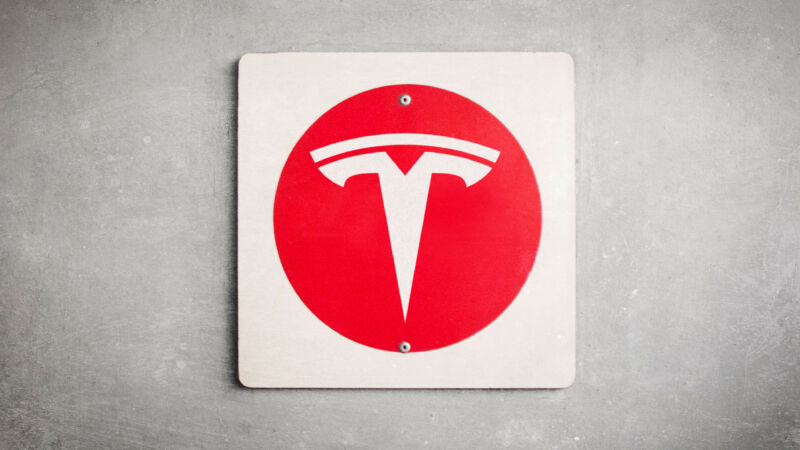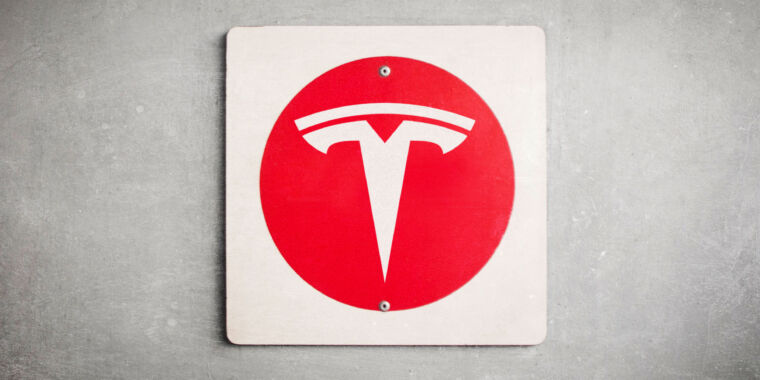
Aurich Lawson | Getty Images
Tesla’s Autopilot driver assistance feature is the subject of yet another federal safety investigation. Although the details are scarce, Reuters reports that the National Highway Traffic Safety Administration has opened an investigation into a fatal crash in California involving a 2018 Tesla Model 3 sedan. This follows another safety investigation that was opened by NHTSA in March concerning a fatal crash of a 2014 Tesla Model S, also in California.
Tesla CEO Elon Musk has often claimed that the cars his company makes are the “safest car[s] on the road,” but there have been hundreds of fatal crashes involving Tesla electric vehicles since 2013, and at least 32 deaths in the US and another three abroad have occurred while Autopilot was active.
On its website, Tesla promotes Autopilot as a safety feature, writing:
Autopilot advanced safety and convenience features are designed to assist you with the most burdensome parts of driving. Autopilot introduces new features and improves existing functionality to make your Tesla safer and more capable over time.
But NHTSA data published in 2022 found a very different story, with 273 crashes involving Autopilot reported to it between July 2021 and May 2022. And earlier this year, Tesla data leaked to the German publication Handelsblatt showed that the automaker was aware of more than 3,000 customer complaints about Autopilot that Tesla did much to minimize.
Tesla’s other driver assist, the even more controversial “Full-Self Driving” feature, has also caused concern at NHTSA. Earlier this year, Tesla was forced to recall its FSD Beta for nearly 363,000 vehicles to prevent the cars from repeatedly breaking traffic laws when the system is active.
And in a blast from the past, NHTSA has also reopened an investigation into claims of unintended acceleration by Tesla EVs. In 2020, it rejected a petition to investigate a potential unintended acceleration problem affecting Teslas. But in January, a safety researcher in Minnesota published a white paper showing how a design flaw in Tesla’s inverter could allow a voltage spike to cause an acceleration event and register it on the car’s electronic data recorder as the driver having used the accelerator pedal. This paper was evidently sufficiently convincing to get the safety regulator to change its mind.
Tesla has vehemently denied claims of sudden unintended acceleration, and similar cases involving other OEMs (notably Toyota and Audi) failed to find any electronic cause of the problem.

